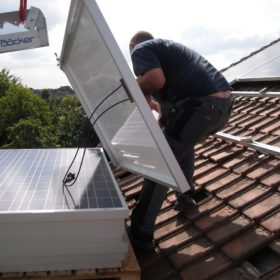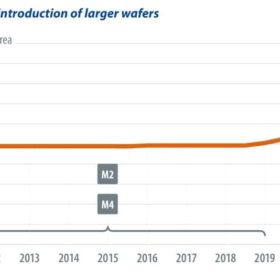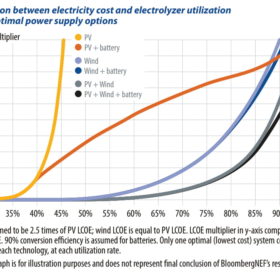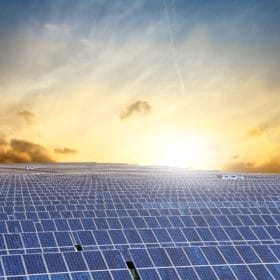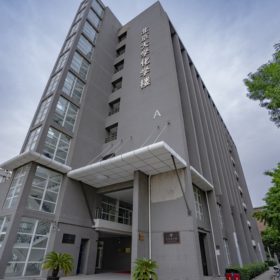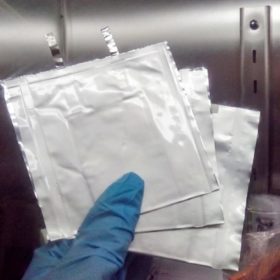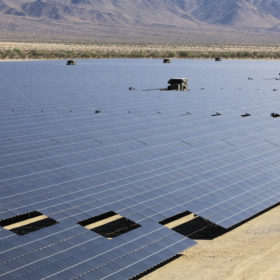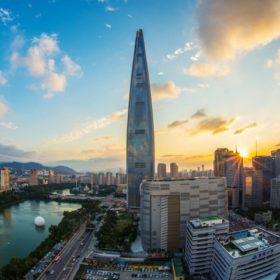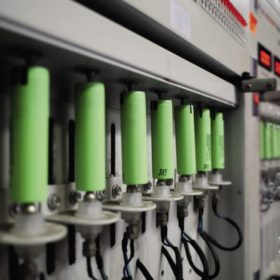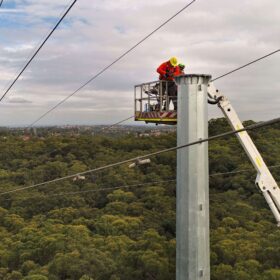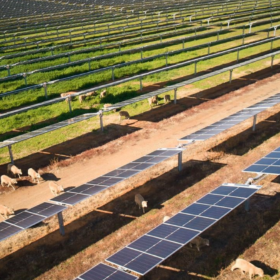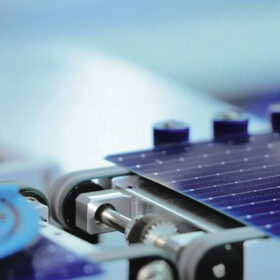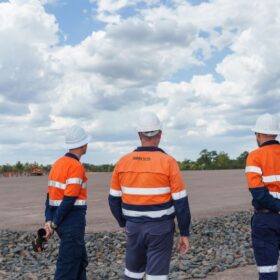Solar 101: How to evaluate solar contractors for rooftop projects
A well-designed rooftop solar system should last 20 or 30 years, or longer. This guide for choosing the right contractor should help ease your concerns.
Sunday read: Too big to handle
There has been a flurry of activity within the PV cell manufacturer landscape over the past 12 to 18 months, and it’s largely been in one direction: bigger. But as large-format modules arrive on the market, questions are being raised as to how long the trend can continue and when bigger becomes, quite simply, too big.
Saturday read: Age of green hydrogen causes co-location rethink
The regions where the desert meets the sea have long been thought the most desolate and unproductive areas of the world, fruitful solely for those clever cultures who call them home. However, in the 21st century, that fiscal notion is turning on its head, and turning as rapidly as a wind turbine in a tornado, making harsh regions like Western Australia a verified paradise.
Best countries for renewable energy investment
IHS Markit has released its latest Global Renewables Markets Attractiveness Rankings, based on measures related to investment confidence and ease of development, with Australia ranking in the top ten.
A different angle on perovskite defects
Scientists in China took a closer look at the role of defects in limiting the performance of perovskite solar cells, demonstrating a screening effect that could be tuned to make material defects “invisible” to charge carriers, greatly improving cell performance. Using this approach they demonstrate a 22% efficient inverted perovskite solar cell, and theorise several new pathways to even higher performance.
Researchers discover new method to make old lithium batteries new
Scientists investigating the aging mechanisms affecting today’s lithium-ion batteries observed that the loss of lithium over time is one of the main causes of performance loss. With this in mind, they developed and tested a “relithiation” process that promises to eliminate much of the cost and complexity from recycling battery components and materials.
First Solar & Nel Hydrogen to develop integrated PV-hydrogen power plants
First Solar and Nel Hydrogen Electrolyser AS have announced they will collaborate to develop power plant control and other supervisory systems as part of a broader plan to build integrated photovoltaic-hydrogen power plants.
South Korea kicks off 2 GW PV tender
The Northeast Asian nation has included PV projects exceeding 20 MW in size for the first time in its solar energy procurement scheme. Selected projects will be awarded a fixed rate under a 20-year contract under the country’s renewable energy certificate (REC) scheme and will sell electricity to local power distributors.
Absorbent glass mat battery for residential storage
Silicon Valley-based start-up Gridtential has secured US$12 million (AU$15.5m) in funds to develop what it calls the world’s first factory-ready, single-block, 24V, deep-cycle lead battery. The product is claimed to be ideal for personal mobility vehicles and renewable energy storage in homes and offices.
Sunday read: Battery testing builds certainty
Owners and operators of energy storage systems, as well as investors, need transparent ways to evaluate battery performance. They need certainty that the selected batteries for their ESS projects will perform reliably, have predictable life expectancies, and meet projected revenue and contractual obligations over their lifetimes. The economic viability of entire projects depend on this confidence, writes Michael Kleinberg of DNV.
